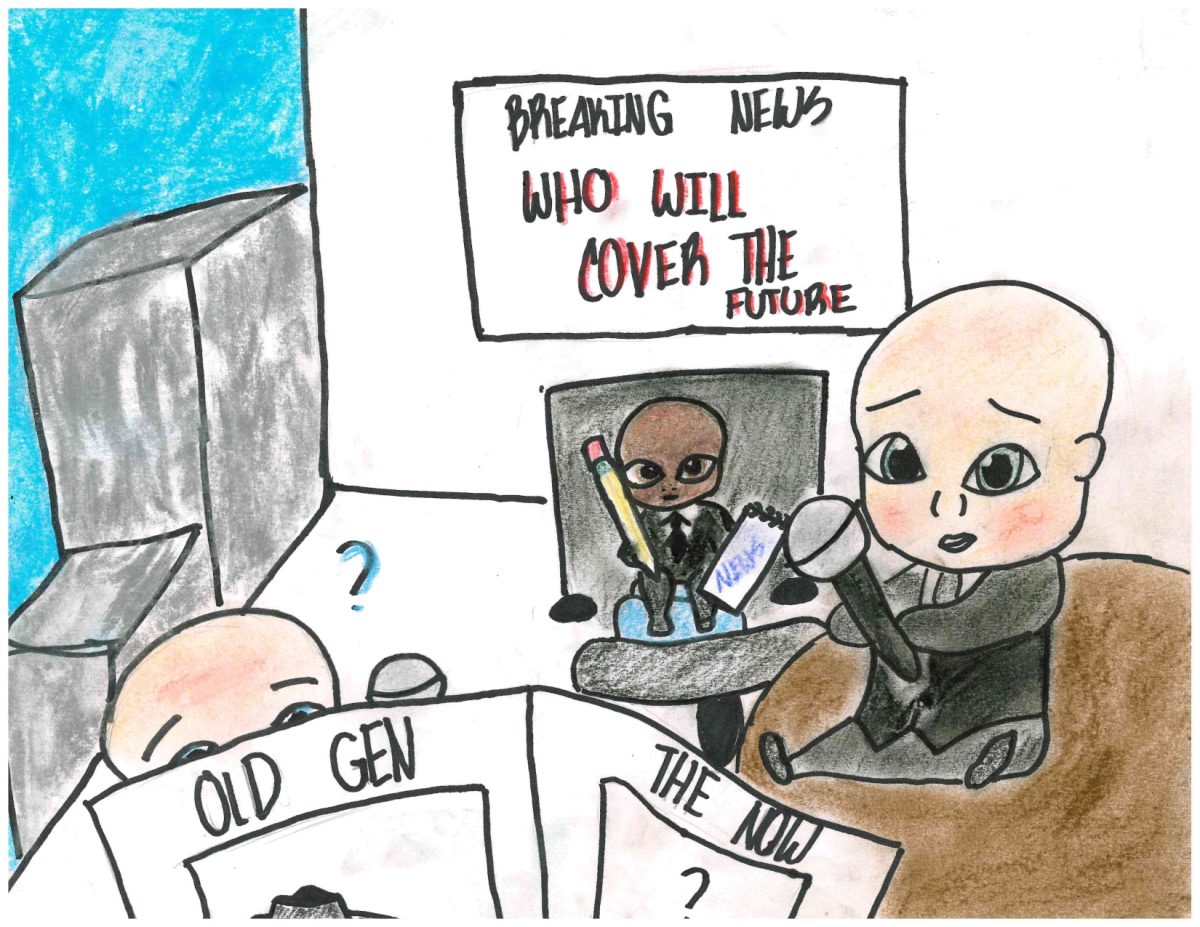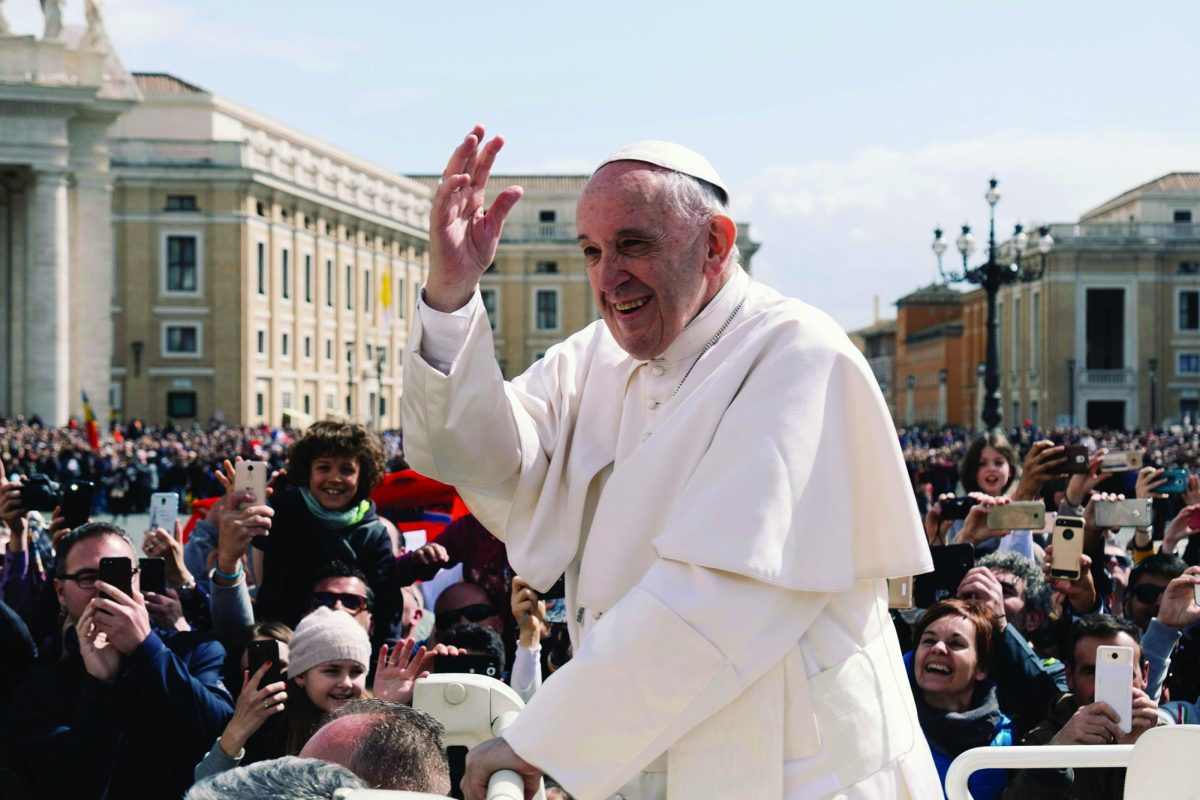Freedom of speech is one of our basic and most important rights.
It has led to important social reforms throughout our history.
The Civil Rights movement and Women’s Suffrage movement both were able to make progress and achieve their goals because of the rights they were granted under the first amendment.
Freedom of speech protects the right of the public to seek the truth and keep everyone accountable for their actions.
This right encourages people to speak out about corruption, wrong doing or other such things.
Freedom of speech also helps bring to light the necessity for change and the equal treatment of all people.
It has been one of the most important tools for social reform since our country was formed, and will continue to be in the future.
However, there is certainly a line between free speech and hate speech.
Hate speech is defined as “abusive or threatening speech or writing that expresses prejudice on the basis of ethnicity, religion, sexual orientation, or similar grounds.”
When talking about hate speech several recent things spring to mind.
Most of these things have to do with a group of people, whether we think about general verbal attacks on the LGBTQ community, or more specific statements like Kanye West’s comments about the Jewish community.
The difference between something like West’s antisemitism and an LGBTQ activist is that one is looking to help a group of people by bringing to light experiences and facts, while the other is speaking in a way that accomplishes nothing but putting down or damaging the reputation of a group or person. This line can, when it comes to legal terms, be very gray at times.
FIRE, a nonpartisan group protecting the rights of free speech, cites several instances where the supreme court protected the right of hateful organizations to spread false and repugnant propaganda.
While the First Amendment doesn’t hold up when the threat of violence or calls for unlawful action are made, this still allows groups founded solely on hate, and people with small, narrow minds to say almost anything they want without breaking those few rules.
The most obvious example that comes to mind when considering hateful groups protected by the First Amendment is the KKK.
As long as speech on their part doesn’t call for violence or infractions of laws, they are, unfortunately, protected.
However, just because something is legal doesn’t mean that it should be accepted in any form.
Any kind of hate, aimed towards any kind of group, is unacceptable and should be regulated.
When hate speech is legally protected it gives off the message that propaganda like that is acceptable, when it very much is not.
It is especially bad when hate speech is allowed on huge platforms like X, or spread by prominent or powerful people.
The lack of filters on X allows for the spread of misinformation and hate speech to millions of people.
This “unfiltered” platform is owned by one of the most powerful people in the world, someone many people look up to.
Even if Elon Musk does not personally spread all of the hate and misinformation on X, he is directly responsible for not filtering information, and allowing formerly banned people to get their accounts back.
The modern world, especially with social media simply needs to be more mindful of what they say and promote.
The High Horse: Free speech does not include hate speech
While freedom of speech is one of the most important pillars of our society, it can often be used as an excuse to spread hate speech and harmful propaganda.
0
More to Discover
About the Contributor

Jacob Godshall, Editor-In-Chief







